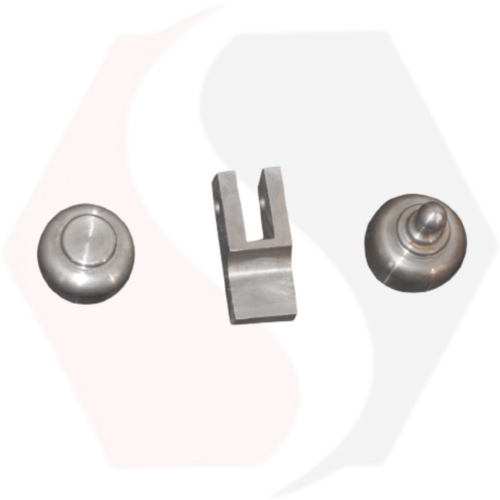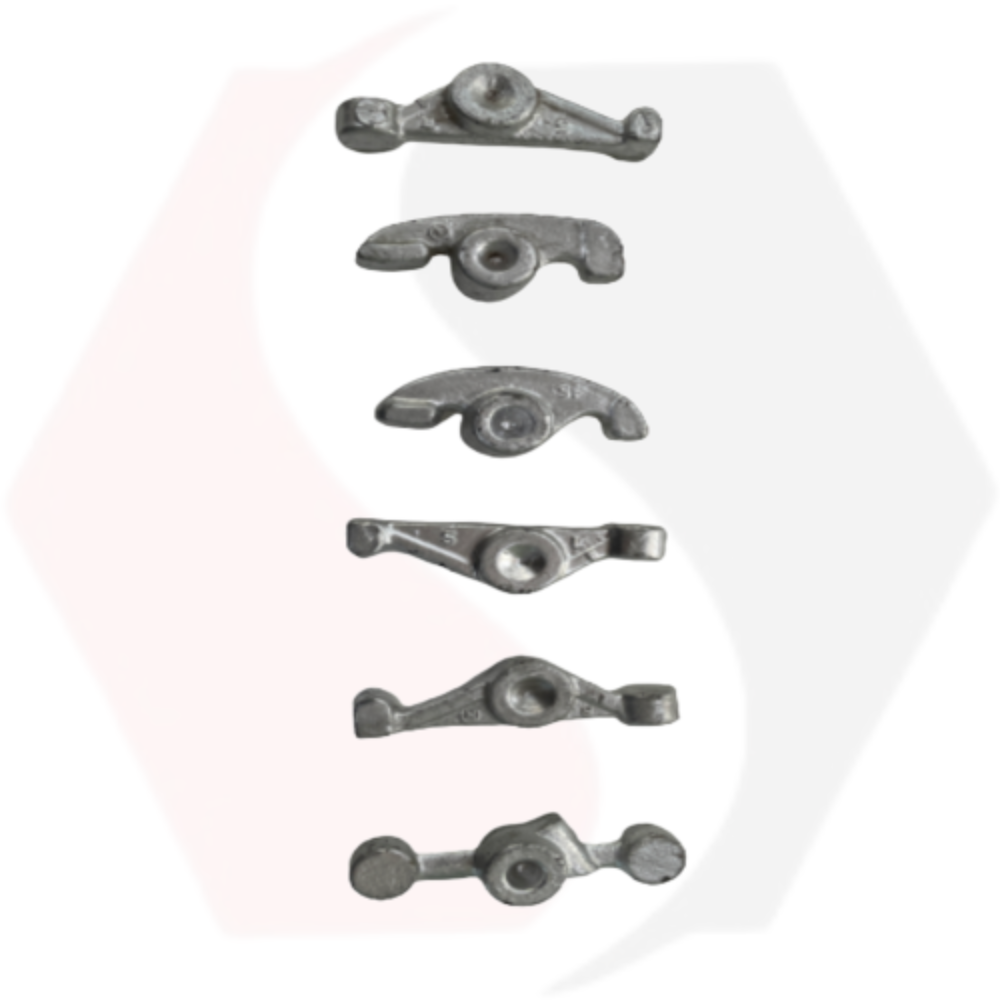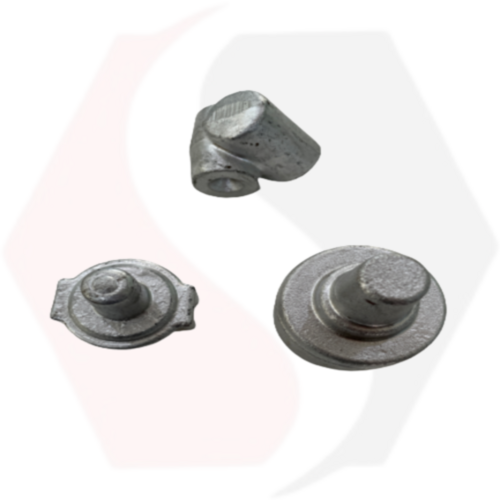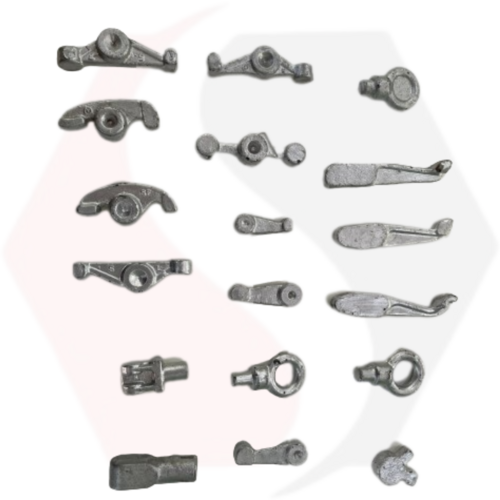Forged Automotive Part
Price 20 INR/ Piece
Forged Automotive Part Specification
- Hardness
- Rigid
- Product Type
- Forged Products
- Material
- Carbon Steel
- Technology
- Forging
- Application
- Other
- Weight
- 30 gram To 7 kg Kilograms (kg)
- Color
- As Per Forge
Forged Automotive Part Trade Information
- Minimum Order Quantity
- 5000 Pieces
- Payment Terms
- Cash Advance (CA), Cash in Advance (CID)
- Main Domestic Market
- All India
- Certifications
- ISO 2001
About Forged Automotive Part
Forged automotive parts are components manufactured through the forging process to meet the high-performance demands of vehicles. In this process, metal is heated and shaped using compressive forces, which aligns the grain structure, improves mechanical properties, and enhances the strength, fatigue resistance, and durability of the parts.
Forged components are widely used in the automotive industry due to their superior performance under stress and long service life. Typical forged automotive parts include crankshafts, connecting rods, control arms, steering knuckles, axles, gears, spindles, hubs, and suspension parts. These components are essential for safety-critical systems and high-load applications.
Compared to cast or machined parts, forged automotive parts offer better structural integrity, weight efficiency, and reliability, making them essential in both conventional and electric vehicles (EVs).
Keywords:
* Forged automotive parts
* Automotive forging components
* Forged car parts
* High-strength auto parts
* Forged crankshafts
* Forged connecting rods
* Forged suspension parts
* Forged steering components
* Forged axle parts
* Precision forged automotive components
* Automotive part manufacturer
* Custom forged vehicle parts
* Automotive forging supplier
* Forged parts for cars
* Forged control arms
* OEM forged automotive parts
* Forged metal components for vehicles
* Forged EV parts
* Heat-treated forged auto parts
* Forged transmission components
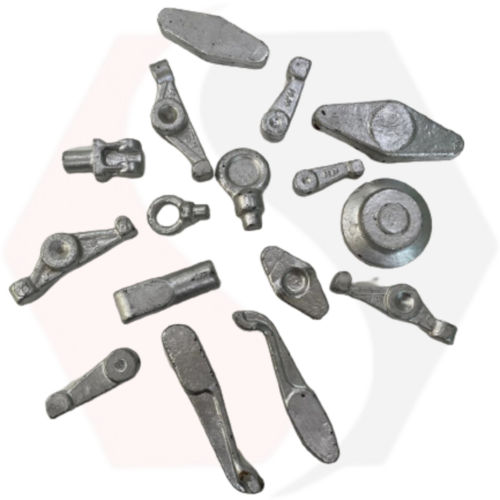
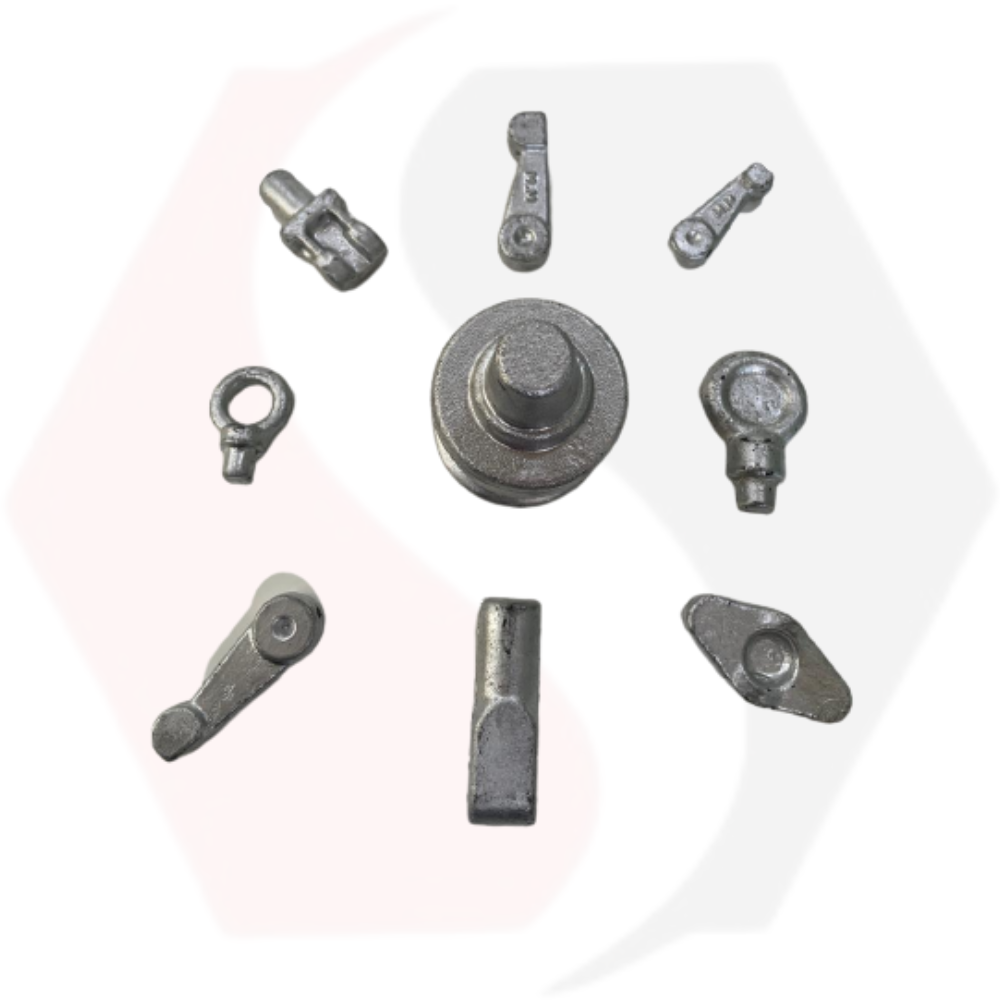
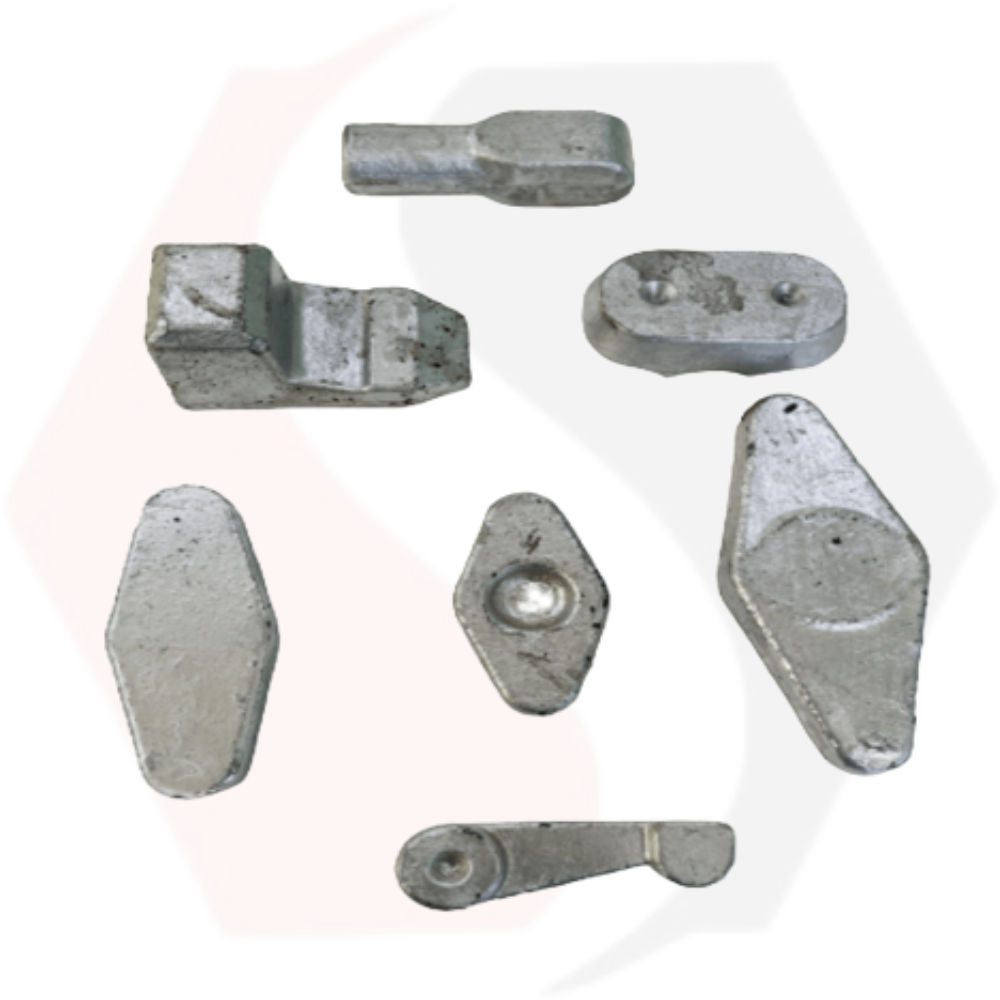
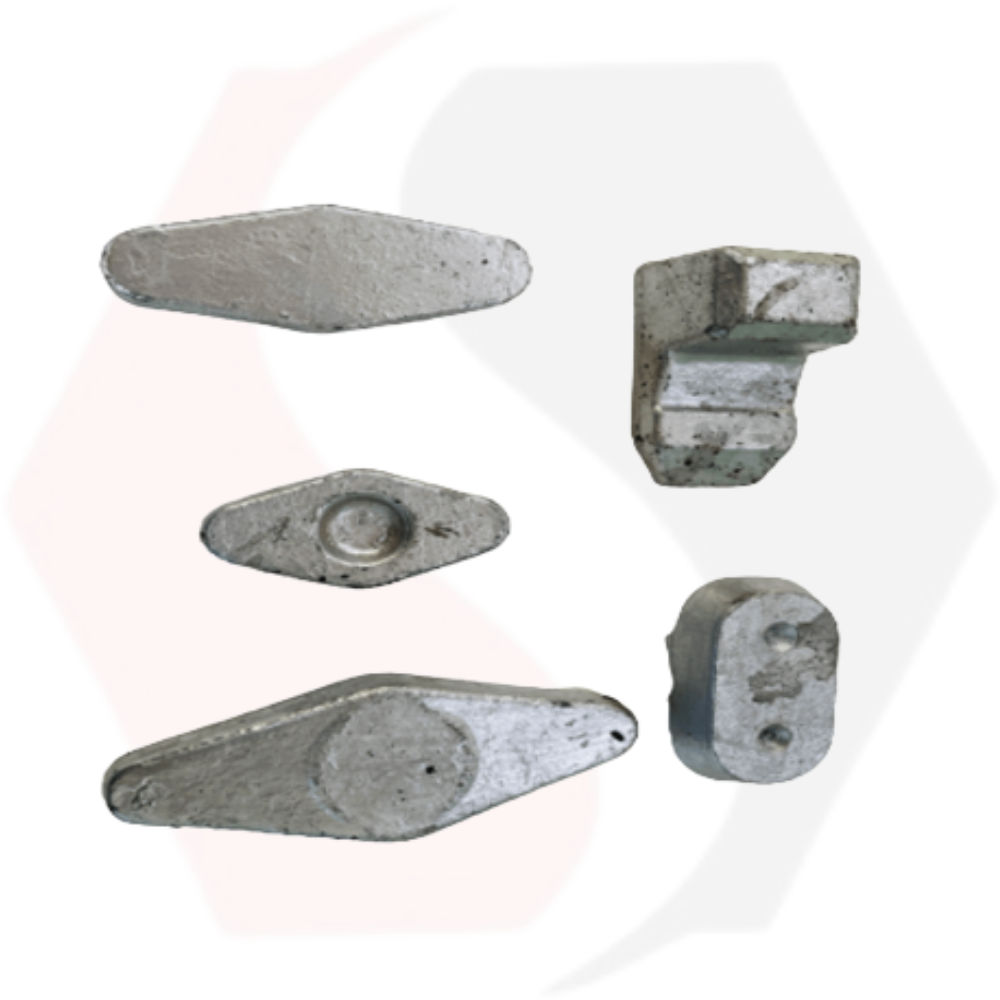
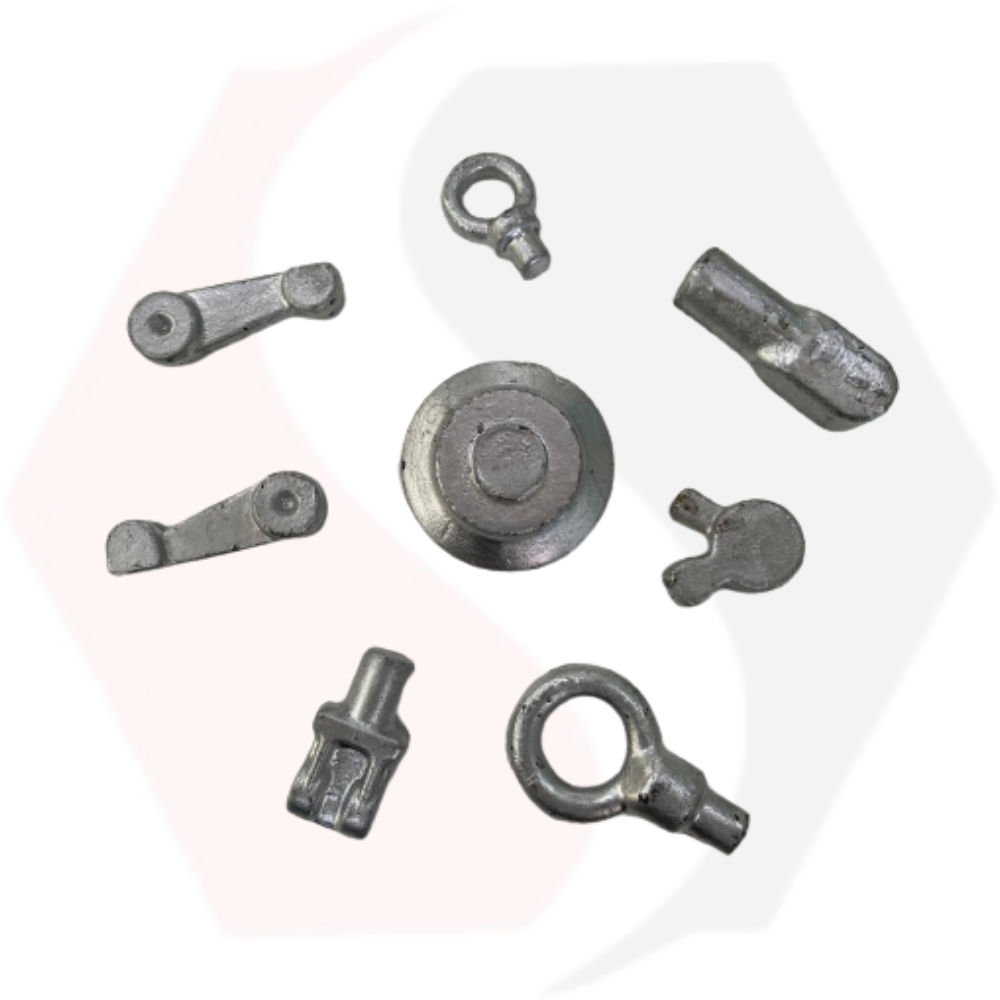


Price:
- 50
- 100
- 200
- 250
- 500
- 1000+
More Products in Forged Automotive Component Category
Forged Automotive Component
Price 15.00 INR / Piece
Minimum Order Quantity : 5000 Pieces
Technology : Forging
Process : Forging
Product Type : Forged Products
Color : Silver
Press Forging Parts
Price 45 INR / Piece
Minimum Order Quantity : 5000 Pieces
Technology : Forging
Process : Forging
Product Type : Forged Products
Color : Silver
Precision Forged Parts
Price 20 INR / Piece
Minimum Order Quantity : 5000 Pieces
Technology : Forging
Process : Forging
Product Type : Forged Products
Color : As Per Forge
Forged Components
Price 20 INR / Piece
Minimum Order Quantity : 5000 Pieces
Technology : Forging
Process : forging
Product Type : Forged Products
Color : As Per Forge

 Send Inquiry
Send Inquiry
